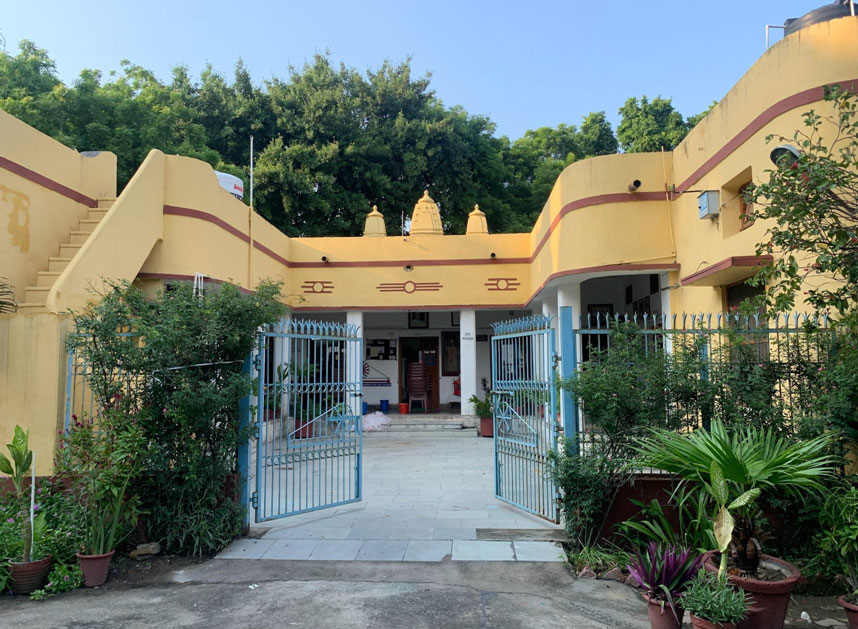- 123- 456-7890
- admin@youdomain.com
Menu
History

Historic background
It was founded in September, 1932 in the wake of Gandhiji’s Epic Fast at Yerwada Jail, Pune, resulting in the historic Poona Pact. The immediate historical background dates back to the Second Round Table Conference in London in 1931 when Gandhiji opposed the segregation of the depressed classes (untouchables) of the Hindu Community into a separate electoral group. Gandhiji saw in it a sinister device of the then British Government to create a split in the Hindu Community in furtherance of its policy of ‘divide and rule’. Despite Gandhiji’s strong opposition, the British Government made a “Communal Award” in August, 1932 providing for a separate electorate for the depressed classes. The then British Prime Minister Ramsay MacDonald rejected Gandhi’s appeal for reconsideration of the decision
Birth of the Sangh
Gandhiji was in Yerwada Jail at Pune and began his “perpetual fast unto death” on September 20, 1932. The fast aroused the conscience of the Indian people especially the caste Hindus against the evil practice of untouchability. The Poona Pact of 1932 was a negotiated settlement between Mahatma Gandhi and Dr. B.R. Ambedkar.This significantly shaped the political representation of the depressed classes, now known as Scheduled Castes (SC). The Poona Pact was an agreement between Hindus and the Depressed Classes and was signed by the then eminent personalities including Pandit Madan Mohan Malaviya on behalf of Hindus and Dr. Bhimrao Ramji Ambedkar on behalf of the Depressed Classes amongst other signatories were Chakraborty Rajagopalachari, Dr. Rajendra Prasad, Shri Ghanshyam Das Birla, Sir Tej Bahadur Sapru, Dr. Hirdey Nath Kunzru, Shri A.V. Thakkar, Dr. M. R. Jayakar, Shri Devadas Gandhi, Shri Purushottamdass Thakardass.

Therefore, the Poona Pact was an important milestone in the struggle for political representation and social justice for Dalits in India. It paved the way for the inclusion of Dalits in the political process and helped to reduce the discrimination they faced.
It was as a result of this awakening that the Harijan Sevak Sangh was born. On the assurance by the caste Hindu leaders that they will protect the interests of the untouchables and on acceptance of the Poona Pact by the British Government, Gandhiji broke his fast on September 24, 1932 in the benign presence of the Poet Rabindranath Tagore and many other National Leaders of India.
A new name to Untouchables
The Pact gave a new name, “Harijan”, to those who had till then been known as ‘untouchables’ or depressed classes. The name was chosen by Gandhiji. By this name Hari-jan, he christened the downtrodden class as the ‘Children of God’ since God is the friend of the friendless, help of the helpless and the protector of the weak.
Service as atonement
Gandhiji mandated that the Hindus belonging to the upper castes should devote themselves to the service of the Harijans to atone for the sins committed by their ancestors in perpetuating oppression and exploitation upon the untouchables from generation to generation. This was a novel approach unheard of in the history of social movement and brought into existence an organizational vehicle to translate the promise into practice. Harijan Sevak Sangh is the organization that was born in the sequence of such historical events. The Constitution of the Sangh was written by Mahatma Gandhi himself.
